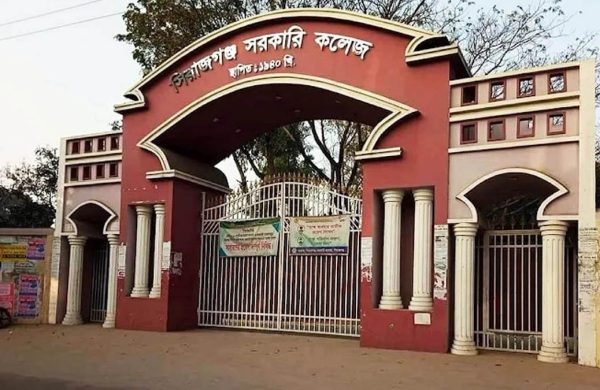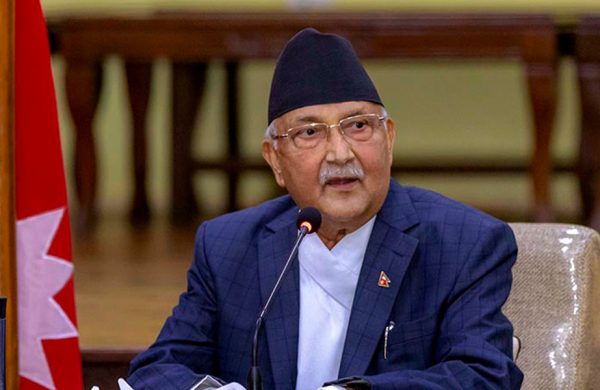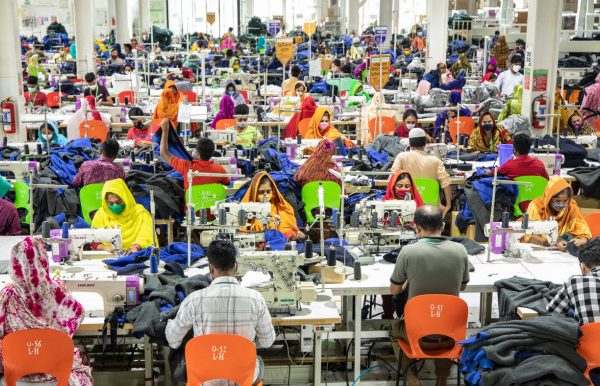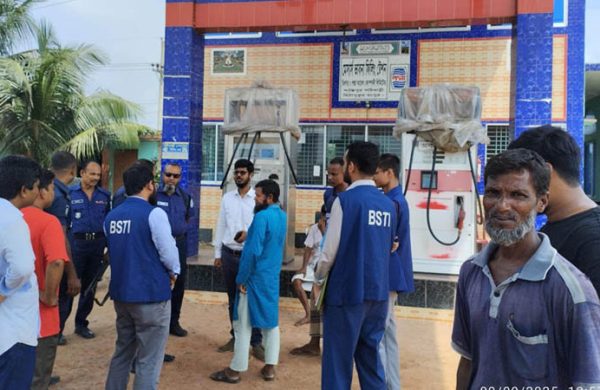Indian govt lifts ban on onion, basmati exports
- Update Time : Saturday, September 14, 2024
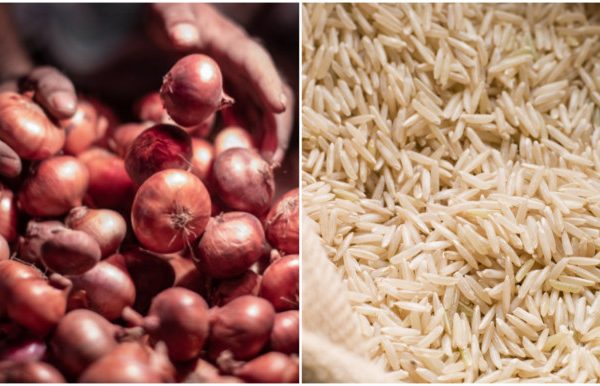
Int’l Desk:
The Indian government on Friday (September 13) scrapped the minimum export prices (MEPs) on onion and basmati it had imposed last year to cool domestic food inflation, according to separate notifications, in steps that will cheer the country’s farmers and traders.
Earnings from the export of basmati, a premium produce, had fallen sharply due to trade restrictions, while onion growers and traders had demanded the removal of export barriers.
MEP is a set minimum price below which a product cannot be sold to foreign buyers. It’s a measure designed to discourage exports and increase local supplies. The restrictions were clamped amid a surge in food prices last year.
The government removed the MEP on onion exports to curb a rally in domestic prices but chose to retain the applicable duty, a move that will cheer growers.
“The minimum export price (MEP) condition on export of onions is removed with immediate effect until further orders,” the Directorate General of Foreign Trade (DGFT) of India said in a notification on Friday.
The world’s largest onion exporter banned overseas sales in December last year to boost domestic supplies after patchy rains in key states led to a 20% fall in output. Shipments were allowed on 4 May 2024 but with an MEP of $550 per tonne plus a 40% tariff.
In 2023-24, the net value of onion exports stood at Rs3,513 crore, lower than Rs4,525 crore in the previous year. In 2023-24, Bangladesh imported 724,000 tonne of the bulb from India.
Ajit Shah, president of the Onion Exporters’ Association of India, welcomed the Union government’s decision to boost shipments to regular importers such as Bangladesh aside, Malaysia, Sri Lanka, Indonesia and West Asian countries.
Aided by a surplus monsoon, the Indian government expects robust summer harvests even as widespread flooding has caused some damage to crops.
Consumer inflation in August cooled to a nearly five-year low of 3.65% in India. Food inflation stood at 5.35%, a notably lower pace compared to 9.94% in the same month of the previous year.
“It has been decided to remove the current minimum export price (MEP) of $950 per metric tonne for issuing registration-cum-allocation certificates (RCAC) for export of basmati rice,” a notification by the commerce ministry stated.
The government also asked the Agricultural and Processed Food Products Export Development Authority or APEDA, a regulatory body, to “immediately implement” the new policy.
It directed APEDA to closely monitor export contracts for non-realistic basmati export prices.
Authorities will continue to monitor basmati exports for unusually cheap sales so that non-basmati rice isn’t shipped out under the basmati tag, a food ministry official said.
Battling persistent high food prices, the world’s largest rice exporter banned the export of all grades of non-basmati white rice on July 20. The curbs on basmati export were an additional step to ease food prices.
In August last year, the government imposed an MEP of $1200 per tonne of basmati exports when consumer cereal prices rose nearly 20%.
In October last year, the government reduced the MEP on basmati to $950 per tonne, which now stands scrapped.
MEP slowed down the export of the long grain and slashed export earnings from one of India’s most sought-after, high-value farm export items. The country shipped basmati rice worth over $4.79 billion in 2022-2023, mostly to West Asia and the US.


